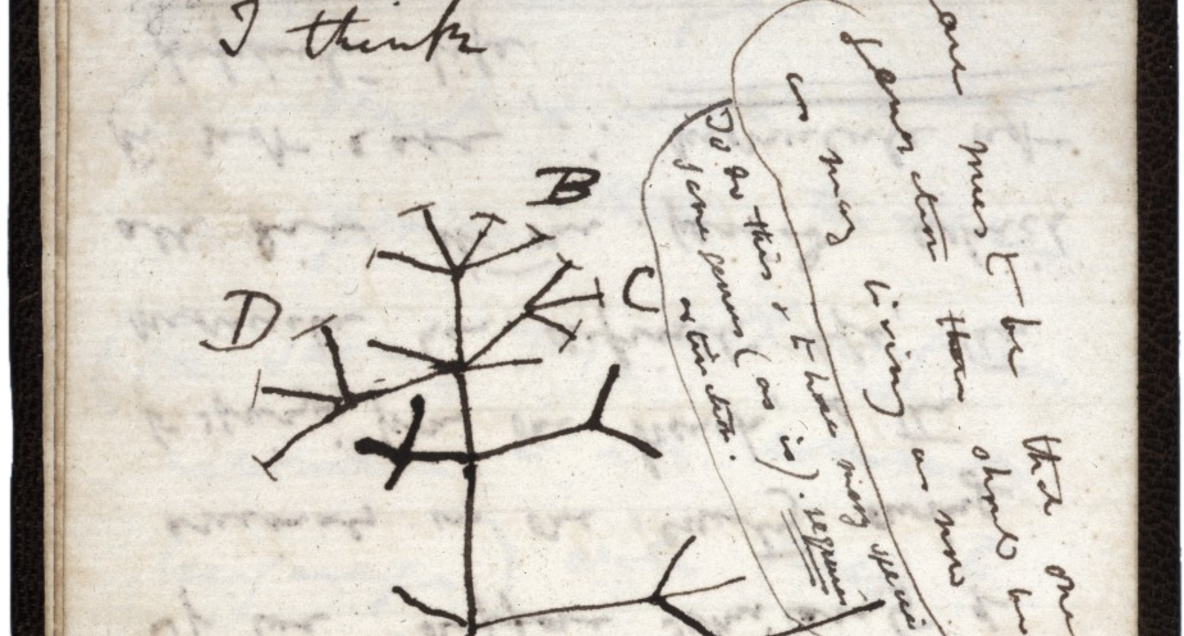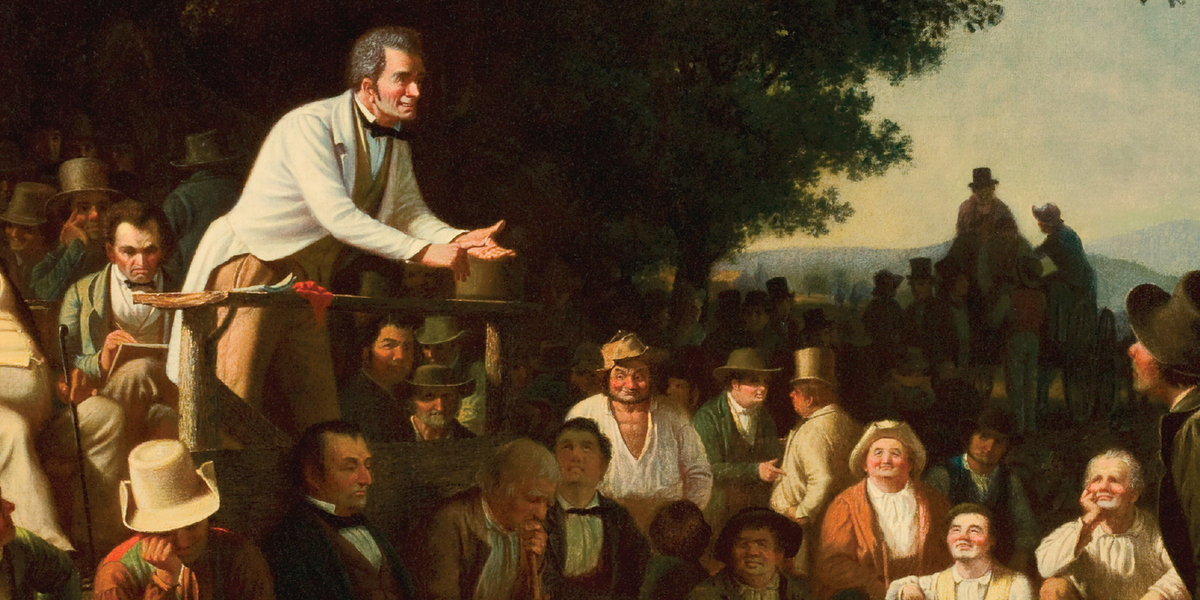
J. P. Moreland on Scientism, Darwinism, and Bucking the Consensus
On this episode of ID the Future, philosopher J. P. Moreland explains from his new book Scientism and Secularism: Learning to Respond to a Dangerous Ideology how scientism helped bring about Darwinism’s current widespread acceptance. Ironically, the process involved some scientists who dismiss theology … doing theology, and doing it not very well. Moreland says this is just one of the reasons that it’s rational to buck the consensus on evolution. Please consider donating to support the IDTF Podcast.





